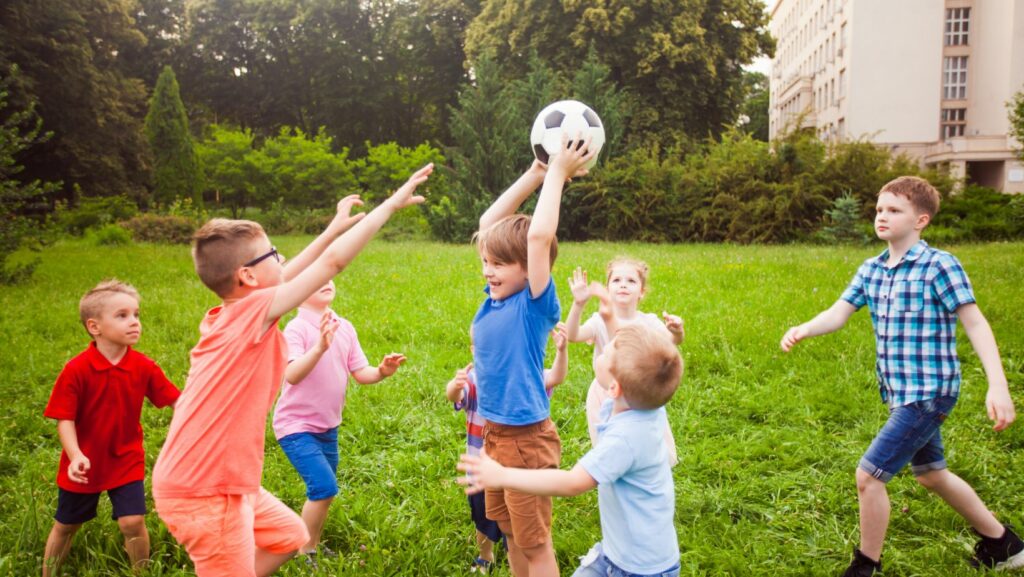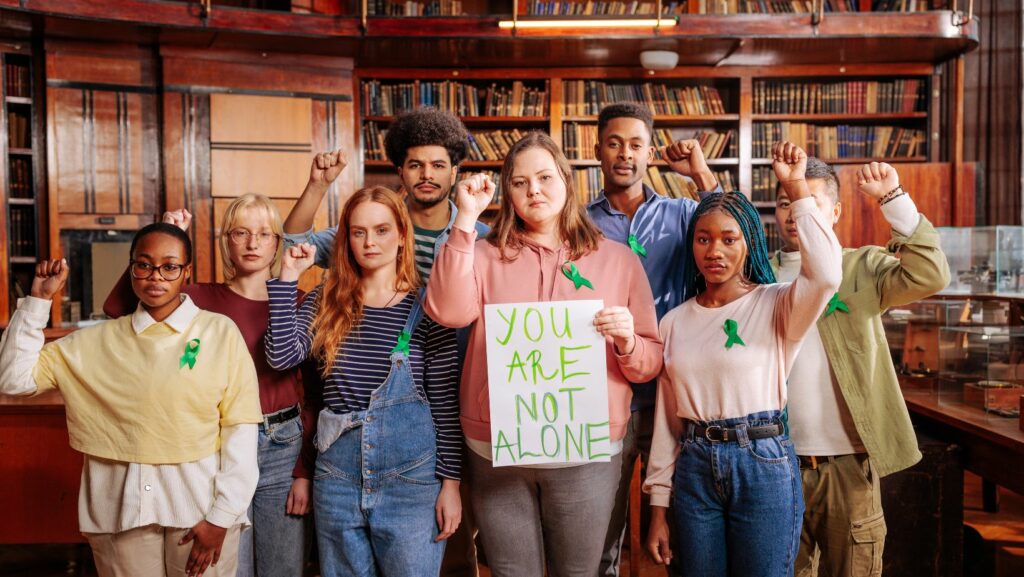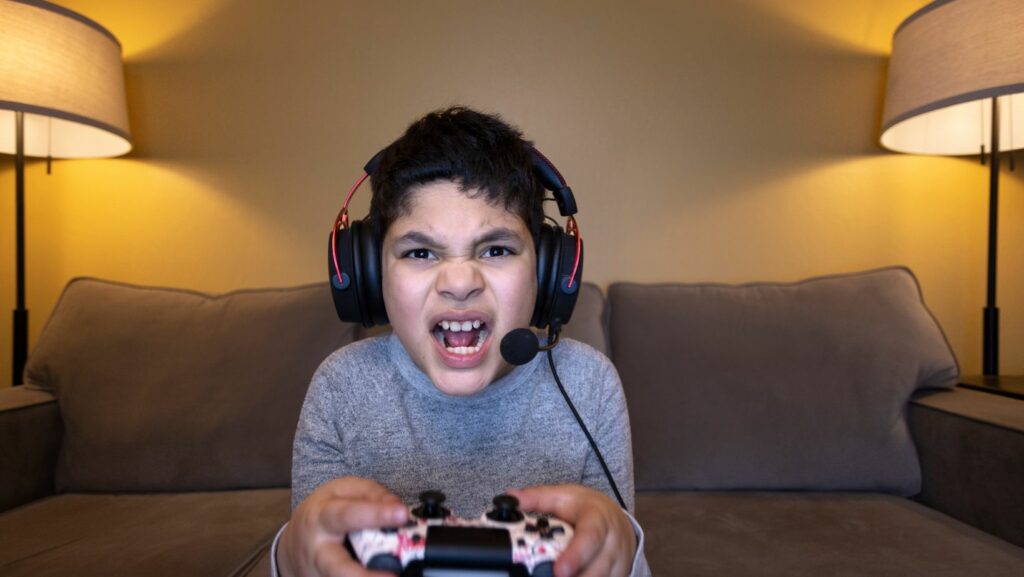Mental Health Games for Kids
Essential to a child’s development, mental health plays a critical role. This section explicates the link between childhood mental health and adult well-being, and presents a snapshot of current mental health statistics among children.
Childhood represents the formative years. An individual’s experiences during this time define his or her mental framework and health.

For instance, good mental health in childhood paves the way for the development of robust coping strategies, leading to better management of stress in adulthood. Conversely, unaddressed childhood mental health issues often cascade into more serious mental health disorders in the adult stage. Thus, nurturing good mental health in children helps foster satisfied, mentally healthy adults.
Knowing children’s mental health statistics helps policymakers, healthcare providers, and parents to understand the magnitude and importance of this issue. In the US, around 7.1% of children aged 3-17 years have diagnosed anxiety, as per the Centers for Disease Control and Prevention (CDC). Moreover, 3.2% of children within the same age bracket suffer from diagnosed depression. Alarmingly, these values represent only the reported instances, hinting at a larger underlying problem. These statistics amplify the need for effective strategies and tools, such as mental health games, to facilitate children’s mental health.
Why Use Games to Improve Mental Health?
Harnessing the power of games becomes crucial for fostering and maintaining children’s mental health. These creative tools provide an efficient, immersive medium for early intervention and healthy habit formation.
Interactive play provides numerous benefits to a child’s mental health. By engaging in games that stimulate their cognitive abilities, children experience improved problem-solving competencies, showing quantifiable development in their critical thinking skills. For instance, strategy games increase a child’s ability to plan and strategize, ultimately aiding in decision-making processes.
Further, emotional resilience develops through emotional-themed games. Games such as ‘Feelings in a Flash’ help children recognize and articulate their emotions, generating stronger emotional intelligence.
Perhaps the most significant advantage comes in the form of stress relief. High-intensity games that require physical exertion serve as an emotional outlet, helping children vent pent-up feelings and frustrations, keeping their mental health in check.

Effective mental health gaming hinges on a competent framework, employing key factors to ensure games truly benefit children’s mental well-being. Firstly, games need to incorporate problem-solving tasks, helping to hone a child’s cognitive skills.
Accessibility forms a crucial aspect of this framework. Games must cater to a wide range of ages and maturity levels, ensuring that they accommodate different learning speeds and styles.
Lastly, considering the digital age, the integration of technology within mental health games becomes essential. Digitally designed games extend the reach and accessibility of these learning tools, potentially benefiting children across the globe.
While mastering this framework, it’s important to tread carefully to avoid overstimulation, which might counteract the benefits of game-based mental health strategies. For instance, matching the game’s difficulty level to a child’s age and ability ensures that the game remains a stress-reliever, not a source of added stress. Remember, the ultimate goal remains promoting mental well-being and resilience among children.
A Look at Mental Health Games for Kids
Navigating the vast landscape of mental health games tailored for children, one finds numerous options designed to cultivate emotional resilience and teach effective coping mechanisms. In the following sections, the focus narrows to popular games and the roles online platforms and mobile apps play.
Endless Games’ “The Coping Skills Game” targets children aged six to 12, fostering emotional intelligence through role-play scenarios.

RageQuit Games LLC offers “Therapy Quest”, an RPG style game that prompts children to complete problem-solving tasks, consequently boosting confidence and problem-solving abilities.
Cope It’s title, “Cope With It”, sets itself apart by featuring different levels of challenges and rewards, successfully marrying the element of fun with mental health improvement.
Online platforms and mobile apps bear a noteworthy impact in delivering mental health games to children. These platforms, brimming with progressive technology, serve as accessible, user-friendly channels that bring mental health games right into the hands of children.
Examples such as Happify excel at providing a variety of mental health-enhancing activities disguised as games. Moodpath, on the other hand, offers more direct interventions by blending mental health assessment features into its game. Smiling Mind merges mindfulness and gaming, providing children with relaxation techniques through its demonstrative app. These tools not only maintain children’s interests but also ensure personal growth in terms of emotional resilience, problem-solving capacities, and stress management skills.



